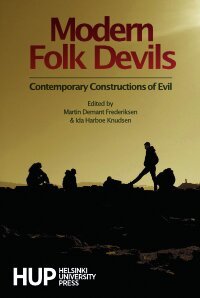Edited by Howard S. Becker
Focus on Deviance: The document explores deviance as an interactive process involving both deviants and non-deviants, emphasizing the importance of societal reactions and labeling.
Historical Context: It highlights the evolution of the study of deviance, noting its roots in general sociology and its shift towards practical applications.
Contributors and Topics: The document includes contributions from various scholars, covering topics like drug addiction, legal stigma, and the social integration of marginalized groups.
Lack of Sentimentality: The new approach to deviance is characterized by alack of sentimentality, focusing on objective analysis and avoiding preconceived notions
Free Press of Glencoe, 1964, 297 pages





















